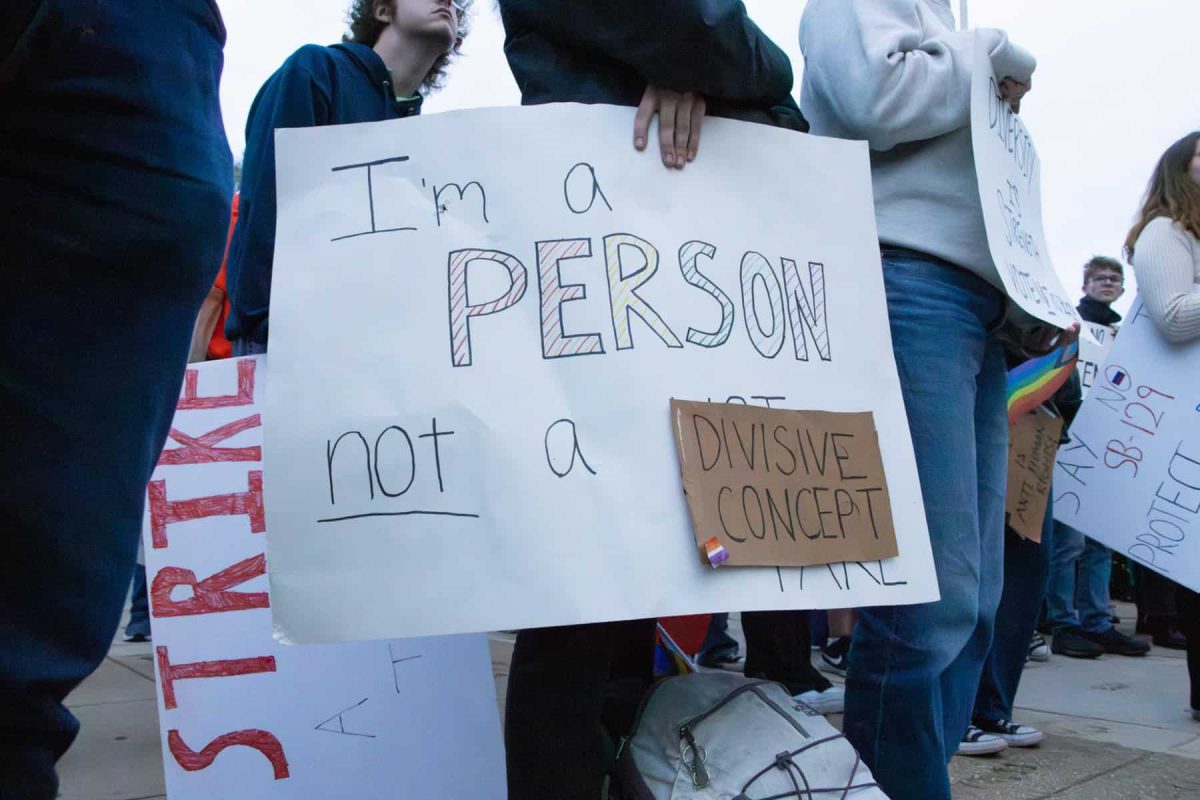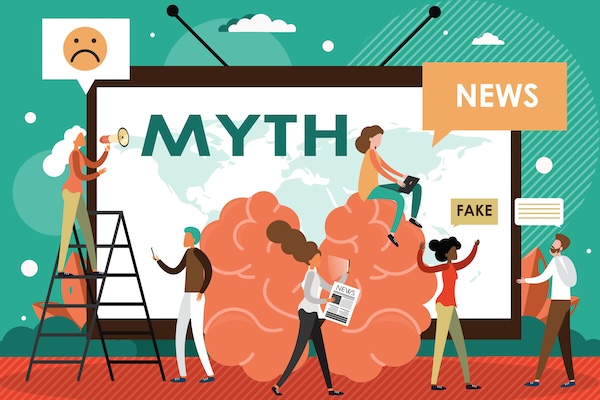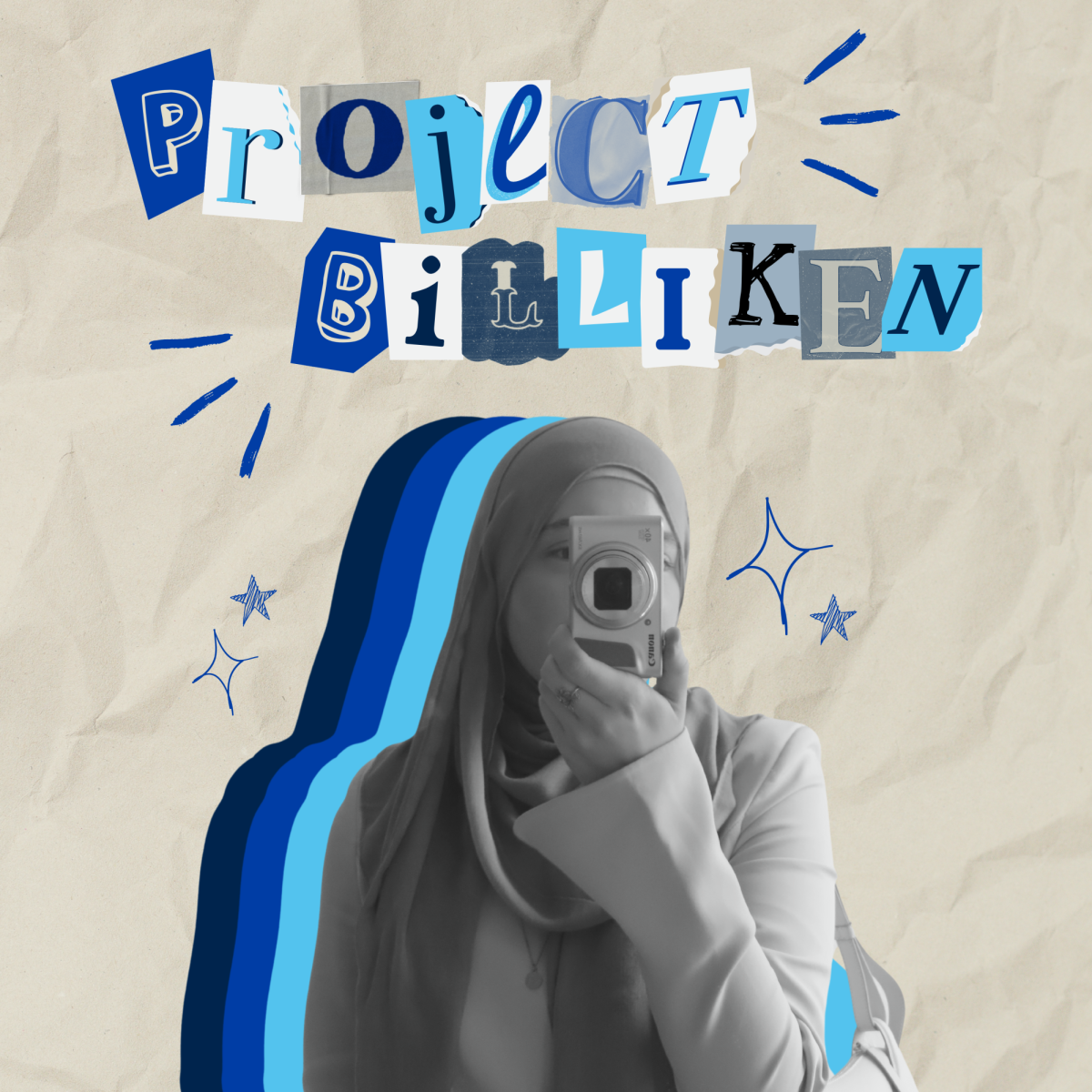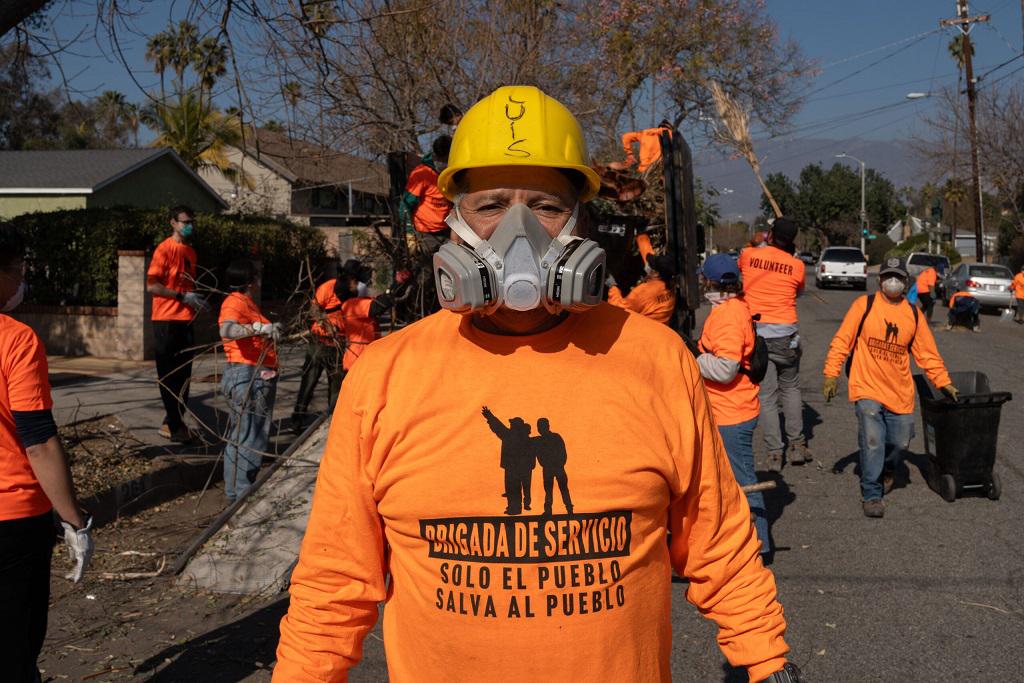Perhaps it is passion that moves us to act. Some sort of emotion – yes-and reason. The drive for something better-for ourselves, but motivated, too, by compassion. It is anger. It is frustrating. It is the joy of progress that keeps us going.
It is something that we remember when we hear the speeches and the stories of individuals such as Jon de Cortina, S.J., and Kathy Kelly; they remind us of the need to act, and the hope we hold for the success of our own actions.
De Cortina, a man who put his life at risk to rescue missing children in El Salvador, and Kelly, a woman who went to jail for her actions against weapons manufacturers, remind us that sometimes the passions that necessarily move us are not shared by all. In fact, they might be held in contempt by society at large. When Kelly smuggled medicine to sick Iraqi children, she broke U.S. law.
It’s a matter of focus. And dedication. If it’s your ethical, meaningful, absolutely-must-pursue passion, go for it. But give it your all.
In her speech, Kelly pointed out that just as you can’t be a vegetarian between meals, you can’t be a pacifist between wars.
Likewise, you can’t not be passionate in between acts. Be consumed by your work.
De Cortina and Kelly remind us of-and exemplify-our ever-pertinent discussions of social justice. They give us hope that the justice that we discuss in classrooms might come to fruition in reality.
They also remind us of our ever-ominous graduation. When we leave this place of learning and enter a place of practice, will we carry with us our passion?
It seems that necessity demonstrates individual needs to individual people. De Cortina dedicated a lifetime to the rescue of missing children in El Salvador-but what about those elsewhere? What about those found but still suffering? What about the sick and starving children in Iraq?
De Cortina and Kelly exemplify the precocious focus of our passion. What could be better about the world? We could write until we die.
And so we choose a direction and follow it. And we focus on the work and not the end result.
Moses saw the promised land, but never made it there.
As if this could give us solace. But de Cortina and Kelly remind us that the problems that they have aimed to end yet persist-but is their work any less valuable for this end?
It is a drop in the ocean. But we do it anyway. And we hope.









